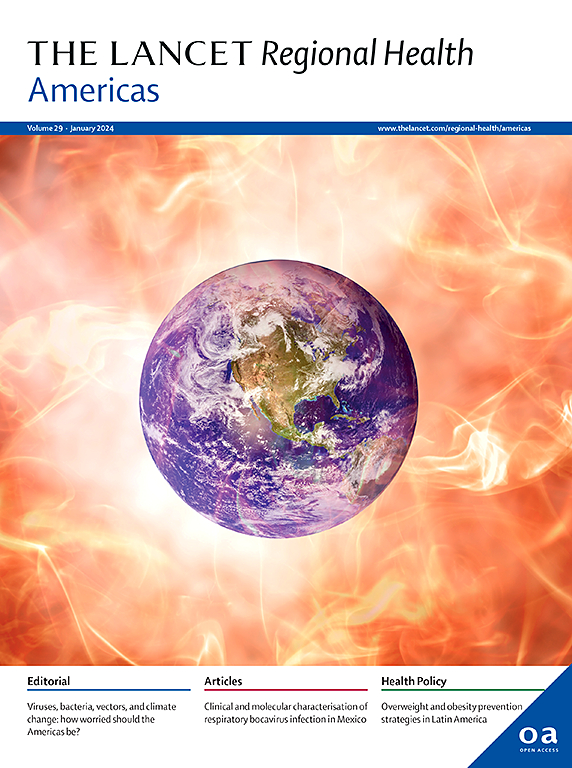The response of health systems to the needs of migrants and refugees in the COVID-19 pandemic: a comparative case study between Mexico, Colombia and Peru
IF 7
Q1 HEALTH CARE SCIENCES & SERVICES
引用次数: 0
Abstract
Background
Protecting the health of migrants and refugees during the pandemic was a significant challenge in the Latin American region. We aimed to describe and contrast the response of the health systems of Mexico, Colombia and Perú to migrants' and refugees’ health needs during the COVID-19 pandemic, and to situate the response in the context of the migration and health policies of each country.
Methods
We conducted case studies of the three countries. The data collected for each case included: 1) policy documents; 2) peer-reviewed and grey literature; 3) qualitative interviews with key informants.
Findings
The three countries issued policies to detect COVID-19 cases among migrants and refugees, and granted them access to COVID-19 care regardless of their migration status or facilitated regularization as a way to improve access to care. However, other health care needs were not considered, some groups of migrants remained invisible in the policies, and policies rarely considered the increased social and economic vulnerability of migrants and refugees during this period. Pre-existing barriers to care were made worse during the pandemic. All three countries’ response to migrants was reliant on non-governmental organizations, with international cooperation being especially active in Colombia, and local civil society organizations in Mexico.
Interpretation
The response of each country was a continuation of their previous approach to migration and health. Developing plans for pandemic response that consider migrants and refugees’ particular needs will be important to improve response capacities in the future.
Funding
Funding was provided by USA for the International Organization for Migration (IOM) under an agreement with the Johns Hopkins Center for Humanitarian Health.
在 COVID-19 大流行中卫生系统对移民和难民需求的回应:墨西哥、哥伦比亚和秘鲁之间的比较案例研究
本文章由计算机程序翻译,如有差异,请以英文原文为准。
求助全文
约1分钟内获得全文
求助全文
来源期刊

Lancet Regional Health-Americas
Multiple-
CiteScore
8.00
自引率
0.00%
发文量
0
期刊介绍:
The Lancet Regional Health – Americas, an open-access journal, contributes to The Lancet's global initiative by focusing on health-care quality and access in the Americas. It aims to advance clinical practice and health policy in the region, promoting better health outcomes. The journal publishes high-quality original research advocating change or shedding light on clinical practice and health policy. It welcomes submissions on various regional health topics, including infectious diseases, non-communicable diseases, child and adolescent health, maternal and reproductive health, emergency care, health policy, and health equity.
 求助内容:
求助内容: 应助结果提醒方式:
应助结果提醒方式:


